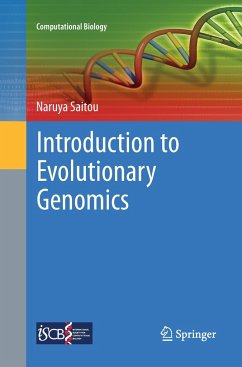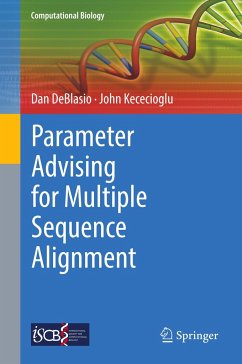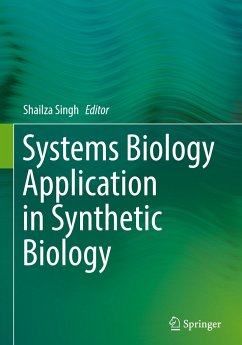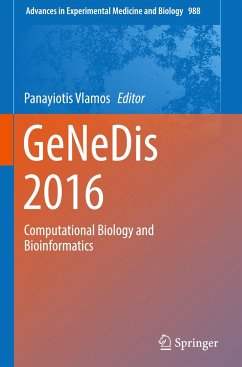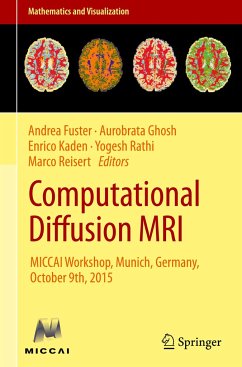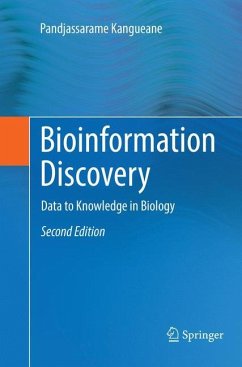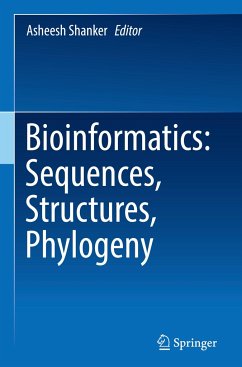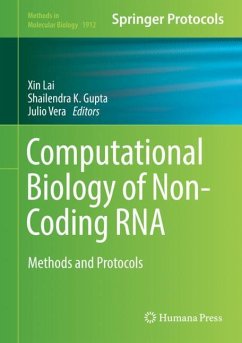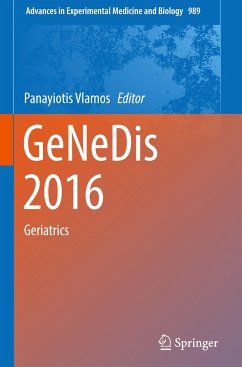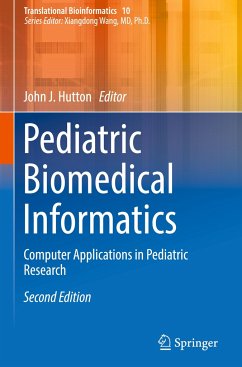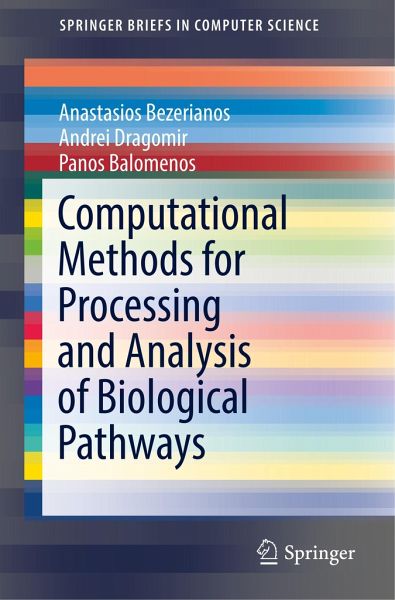
Computational Methods for Processing and Analysis of Biological Pathways

PAYBACK Punkte
19 °P sammeln!
This work offers a guided walkthrough of one of the most promising research areas in modern life sciences, enabling a deeper understanding of involved concepts and methodologies via an interdisciplinary view, focusing on both well-established approaches and cutting-edge research. Highlighting what pathway analysis can offer to both the experimentalist and the modeler, the text opens with an introduction to a general methodology that outlines common workflows shared by several methods. This is followed by a review of pathway and sub-pathway based approaches for systems pharmacology. The work th...
This work offers a guided walkthrough of one of the most promising research areas in modern life sciences, enabling a deeper understanding of involved concepts and methodologies via an interdisciplinary view, focusing on both well-established approaches and cutting-edge research. Highlighting what pathway analysis can offer to both the experimentalist and the modeler, the text opens with an introduction to a general methodology that outlines common workflows shared by several methods. This is followed by a review of pathway and sub-pathway based approaches for systems pharmacology. The work then presents an overview of pathway analysis methods developed to model the temporal aspects of drug- or disease-induced perturbations and extract relevant dynamic themes. The text concludes by discussing several state-of-the-art methods in pathway analysis, which address the important problem of identifying differentially expressed pathways and sub-pathways.



